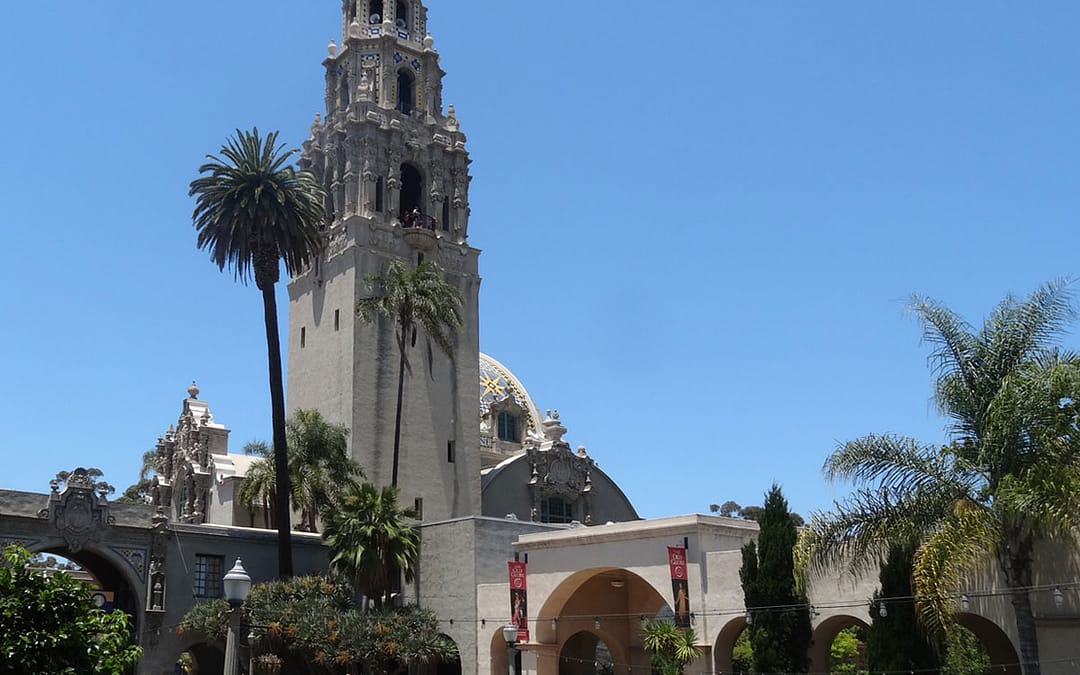More recently, we have noticed how museums and art galleries have a role to play in society as public spaces on shared common ground. Cultural organizations can show leadership to others by giving space to indigenous peoples so we can start to recognize and acknowledge how Canadian, American, UK and Australian institutions have a settler and colonial bias. In particular, we can acknowledge our obligation to hear indigenous and diverse voices, while holding dignity and respect for the earth and her peoples. While some cultural spaces may have a bias towards Eurocentric culture, we realize the necessity to give space and resources to new voices to express an evolving narrative.
Truth and Reconciliation
Within Canada, many museums have recognized the importance of Truth and Reconciliation Commission, as well as the need to respond to actions taken by religious organizations and our federal government in a respectful way. In a webinar recently, it was suggested that we are still working on the ‘truth’ piece. In the last couple of years I have read Indian Horse, Seven Fallen Fathers and From the Ashes, three very different books about the stories of multiple generations of indigenous families. However difficult these stories have been to read, it has helped me see the history of our indigenous peoples in a different way.
Update – August 13 –
I wanted to pass along other resources to my network and colleagues who are on a learning journey to better understand our indigenous peoples. In a webinar that I attended this afternoon, Wanda Nanibush shared two additional resources to the three books that I mentioned above:
- Online course on Indigenous Canada offered by the University of Alberta created by Dr. Tracy Bear
- Canadian History books by indigenous authors
Guiding Principles
When I was in Ottawa lately, I was remarking on how the Museum of Civilization has gone through a couple of different name changes to my friends and I was wondering what it should be called next. It is currently called the Museum of History. Based on this discussion and reflection, I was very interested to see a museum in San Diego changing its name from Museum of Man to Museum of Us effective August 2nd, 2020.
The Museum of Us website shows their four guiding principles for decolonization initiatives as:
- Truth telling and accountability
- Rethinking ownership
- Organizational culture shift supported by systems and policy
- Indigenous Representation with reference to Dr. Lonetree’s book Decolonizing Museums.
In this link from Jstor, we find further details behind Dr. Lonetree’s process from work with three museums (Smithsonian’s National Museum of the American Indian, the Mille Lacs Indian Museum in Minnesota, and the Ziibiwing Center of Anishinabe Culture and Lifeways in Michigan), leading to solutions to “historical and contemporary museum practices and [charting] possible paths for the future curation and presentation of Native lifeways.”
#Make a block stand out like a quote or a hashtag

